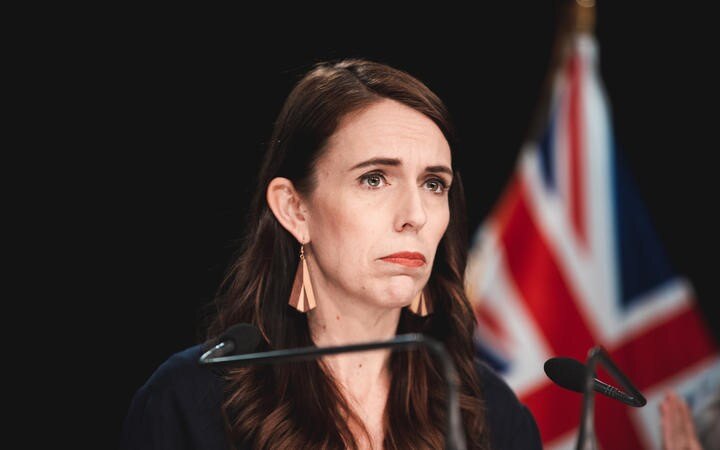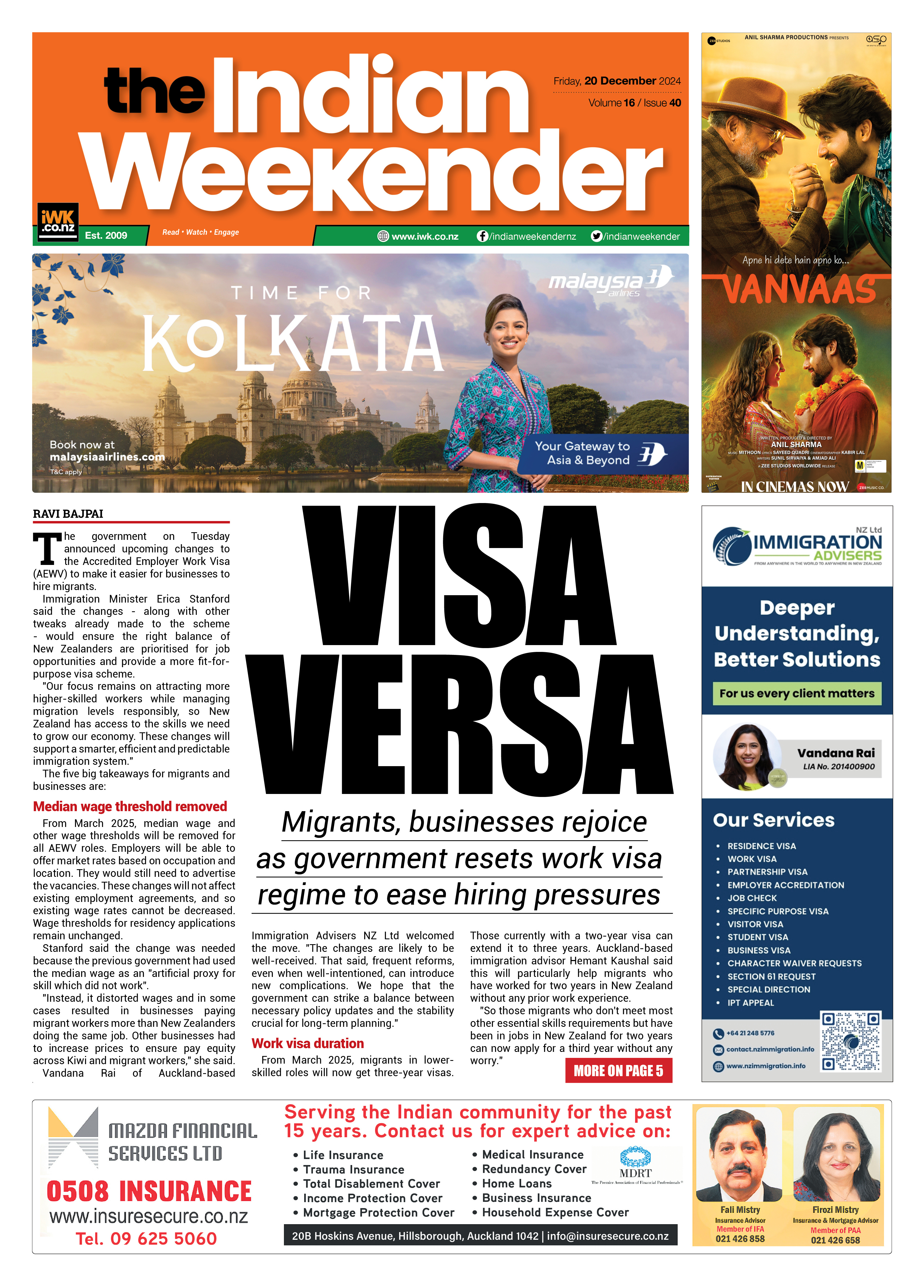Covid-19: Auckland cases are UK variant, Jacinda Ardern says

Genomic sequencing of the latest Covid-19 community cases in Auckland show they are the UK variant of the virus.
Auckland was put into alert level 3 at midnight, while the rest of the country moved into level 2 after the three community cases were revealed yesterday.
Prime Minister Jacinda Ardern told Morning Report this confirms they were right in taking a precautionary approach in moving alert levels, considering this variant is more infectious.
"However, we also know that based on that sequencing we haven't been able to link it to any other cases that we've had come through our managed isolation facilities and that tells us it's unlikely, therefore, to have been some form of issue with our managed isolation."
She said a couple of scenarios would be investigated today: One possibility is that the virus came from a transit passenger, another one was that it came from international aircrew. In some cases, those crew have their uniforms cleaned at the place where one of the people who tested positive works.
Experts say there doesn't appear to be cases reported in the world where transmission has occurred from laundry, she said.
"The most likely scenario is always human-to-human [transmission] ... but even with those lesser likely possibilities we don't rule them out, we try and explore every possible option."
Ardern said they would be contacting airlines to see if there was a genome match with the latest cases. The third but less likely possibility was that it was a result from someone in MIQ whose case did not have genome sequencing done, she said.
"When we struggle to sequence it's usually because they're an older infection or historic infection, which with what we're dealing with at the moment wouldn't suggest that would be the case.
"There may be a scenario where we may not be able to answer what happened here."
The case of the LSG Skychefs worker was possibly tested at the discretion of the employer rather than being covered under the health order of surveillance testing issued by the government, she said.
"The individual in question worked in a smaller team, my recollection is nine people, but in a worksite that has many more than that.
"The order as I understand .. applied to some of the staff working on site because they were airside and more frequently in contact with at-risk people, and some were being tested at the discretion of the employer.
"So we're just working through that now, but as always, with these things we always look to tighten up where we can based on what we learn."
It may be possible that worker became infected through another a staff member who worked on the airside, she said.
"One of the reasons we're at the worksite is to check whether or not someone else is the index case, that's always been on the cards."
Wastewater testing for traces of the virus in South Auckland on 10 February did not pick up anything, she said.
"That's something that gives us a bit more reassurance," she said, adding that the same testing would be done in Taranaki soon.
Ardern said New Zealand had taken measures against the more infectious variants, with requirements for predeparture testing, day zero testing, and keeping returnees in rooms after their final test in MIQ.
She said there would need to be "signs that we don't have anything wider" in order to move down alert levels.
About the impending vaccine arrival, which is due to be issued to border workers first, she said: "We've put in place the scenario where we may be needing to vaccinate for alternate reasons."
However, she said at the moment there was nothing to suggest that priority for border workers to be vaccinated needed to be changed.
The announcement of a return to levels 2 and 3 was another blow for an industry already struggling for survival, Restaurant Association chief executive Marisa Bidois said.
"Obviously this is a major blow for our industry who are already struggling to recover from the compounded impact of changes to alert levels and border closures. With borders closed, our revenues continue to suffer and these changes of alert levels are incredibly difficult to manage.
"Many businesses will have stocked up on food for the days ahead and will now incur wastage costs on top of significantly reduced revenues."
However, Bidois said the industry would far prefer a short time at level 3 than extended lockdowns seen overseas.
Ardern said support for businesses kicks in when restrictions last for seven days or more.
"After 72 hours, we give an indication of whether or not we're going to hit that threshold, but then we pay retrospectively."
She said there would also be extended support for businesses who experience similar decline in revenue while outside of level 3.
"We've created a regime now for businesses who aren't at level 3 but at lower levels to be able to access support, that's an adjustment we made since the last time we had a lockdown."





